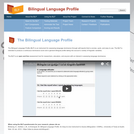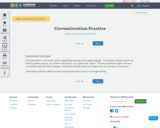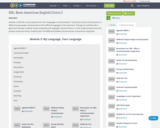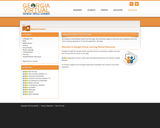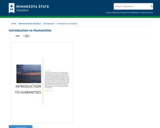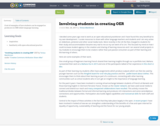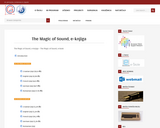
In this elementary textbook, Philip S. Peek draws on his twenty-five years of teaching experience to present the ancient Greek language in an imaginative and accessible way that promotes creativity, deep learning, and diversity. The course is built on three pillars: memory, analysis, and logic. Readers memorize the top 250 most frequently occurring ancient Greek words, the essential word endings, the eight parts of speech, and the grammatical concepts they will most frequently encounter when reading authentic ancient texts. Analysis and logic exercises enable the translation and parsing of genuine ancient Greek sentences, with compelling reading selections in English and in Greek offering starting points for contemplation, debate, and reflection. A series of embedded Learning Tips help teachers and students to think in practical and imaginative ways about how they learn. This combination of memory-based learning and concept- and skill-based learning gradually builds the confidence of the reader, teaching them how to learn by guiding them from a familiarity with the basics to proficiency in reading this beautiful language. Ancient Greek I: A 21st-Century Approach is written for high-school and university students, but is an instructive and rewarding text for anyone who wishes to learn ancient Greek.
- Subject:
- Arts and Humanities
- Languages
- Material Type:
- Textbook
- Provider:
- Open Book Publishers
- Author:
- Philip S. Peek
- Date Added:
- 12/15/2021


